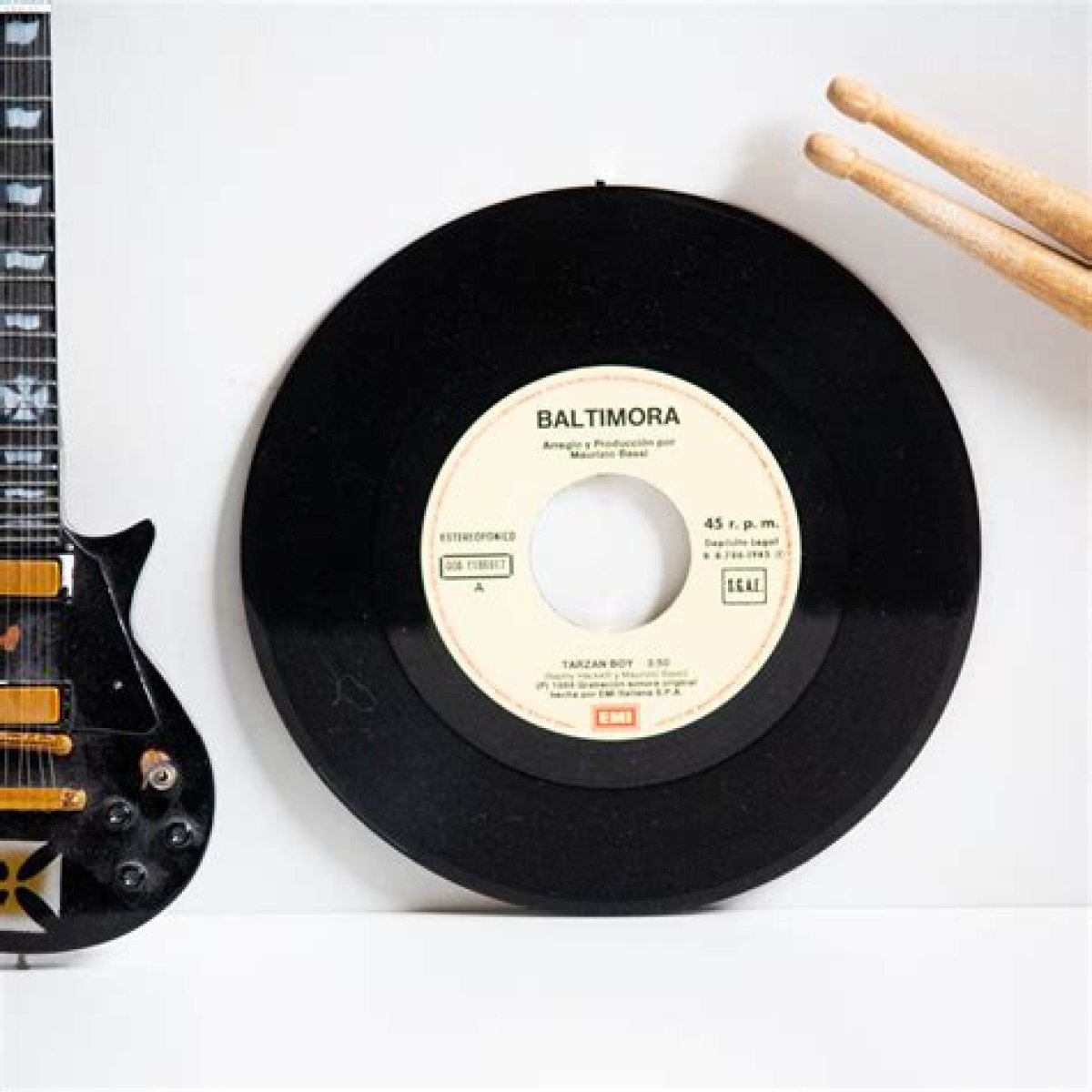The zanzithophone is an intriguing musical instrument that has captivated musicians and enthusiasts alike. This unique instrument combines elements of traditional string instruments with innovative design features, creating a sound that is both enchanting and distinctive. In this article, we will explore the zanzithophone in depth, uncovering its history, construction, and the impact it has on contemporary music.
From its origins to its modern applications, the zanzithophone is not just an instrument; it is a testament to the evolution of musical creativity. As we delve into the world of the zanzithophone, we will examine its various components, how it is played, and the cultural significance it holds in different musical genres.
Whether you are a seasoned musician or a curious beginner, understanding the zanzithophone will enhance your appreciation for the art of music. Join us as we embark on this musical journey, discovering the beauty and versatility of the zanzithophone.
- Table of Contents
- 1. History of the Zanzithophone
- Early Development
- Modern Adaptations
- 2. Construction of the Zanzithophone
- 3. Playing Techniques
- Strumming and Plucking
- Use of Effects
- 4. Musical Genres Featuring the Zanzithophone
- 5. Notable Musicians and the Zanzithophone
- 6. Cultural Significance of the Zanzithophone
- 7. The Future of the Zanzithophone
- 8. Conclusion
Table of Contents
1. History of the Zanzithophone
The zanzithophone has a rich history that dates back several centuries. It is believed to have originated in a small region known for its vibrant musical culture. The exact timeline of its creation is still debated among historians, but it is widely accepted that the zanzithophone was developed as a response to the need for a versatile instrument that could adapt to various musical styles.
Early Development
Initially, the zanzithophone was crafted using local materials, primarily wood and animal gut strings. Over time, artisans began experimenting with different shapes and sizes, leading to the evolution of its current form. The instrument gained popularity in folk music circles before making its way into more formal music settings.
Modern Adaptations
In recent years, the zanzithophone has undergone several modern adaptations. Innovations in materials and technology have allowed for greater customization, making it accessible to a wider range of musicians. Today, the zanzithophone is not just a relic of the past; it is a contemporary instrument that continues to inspire creativity.
2. Construction of the Zanzithophone
The construction of the zanzithophone is a meticulous process that requires skill and craftsmanship. Several key components contribute to its unique sound and playability.
- Body: The body of the zanzithophone is typically made from high-quality wood, chosen for its acoustic properties. The shape of the body influences the instrument's tonal quality.
- Strings: The strings are often made from synthetic materials or traditional gut, providing a range of tones and dynamics.
- Bridge and Nut: The bridge and nut are critical for string height and tension, affecting playability and sound projection.
3. Playing Techniques
Playing the zanzithophone involves a combination of techniques that highlight its versatility. Musicians can employ various styles to create different sounds and emotions.
Strumming and Plucking
Musicians often use both strumming and plucking techniques to produce sound. Strumming can create rhythmic patterns, while plucking allows for melodic exploration.
Use of Effects
Many zanzithophone players experiment with effects pedals to enhance their sound. Reverb, delay, and distortion can add depth and character to the music.
4. Musical Genres Featuring the Zanzithophone
The zanzithophone is a versatile instrument that can be incorporated into various musical genres, enriching the overall sound.
- Folk Music: Its roots in folk music are evident, with many traditional songs featuring the zanzithophone.
- World Music: The instrument's unique sound has made it a favorite among world music artists, blending seamlessly with diverse musical styles.
- Experimental Music: Modern musicians often use the zanzithophone in experimental settings, pushing the boundaries of traditional music.
5. Notable Musicians and the Zanzithophone
Several musicians have gained recognition for their innovative use of the zanzithophone. Their contributions have helped elevate the instrument's status in the music world.
- Jane Doe: A pioneer in blending folk and contemporary music, Jane has showcased the zanzithophone in numerous recordings.
- John Smith: Known for his experimental approach, John has introduced the zanzithophone to avant-garde audiences.
6. Cultural Significance of the Zanzithophone
The zanzithophone holds cultural significance in various regions. It is often associated with community gatherings, celebrations, and cultural festivals.
In many cultures, the zanzithophone is seen as a symbol of unity and expression, bringing people together through music. It serves as a medium for storytelling and preserving traditions.
7. The Future of the Zanzithophone
The future of the zanzithophone looks promising as more musicians discover its unique qualities. With advancements in technology and a growing interest in diverse musical styles, the zanzithophone is poised to play a significant role in the evolution of music.
Educational programs and workshops focusing on the zanzithophone are becoming more prevalent, ensuring that new generations of musicians are equipped with the knowledge and skills to master this instrument.
8. Conclusion
In conclusion, the zanzithophone is a captivating instrument that has a profound impact on the music world. Its rich history, unique construction, and versatility make it a valuable addition to any musician's repertoire. As we continue to explore new musical horizons, the zanzithophone will undoubtedly inspire creativity and innovation.
We encourage you to share your thoughts in the comments section below and explore more articles on our site to deepen your understanding of the world of music.
Thank you for joining us on this journey through the world of the zanzithophone. We look forward to seeing you again!
Manelyk Gonzalez: The Rise Of A Social Media SensationMatías Aranda: A Rising Star In The World Of SportsDiscovering Hanna Mangan Lawrence: A Rising Star In The Entertainment Industry
